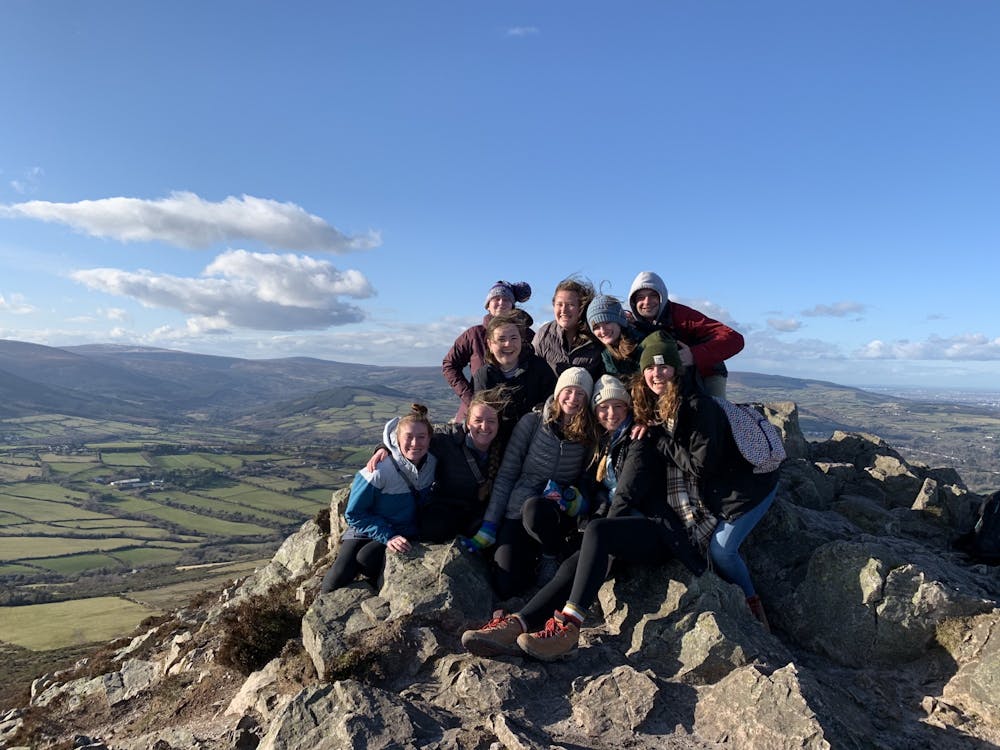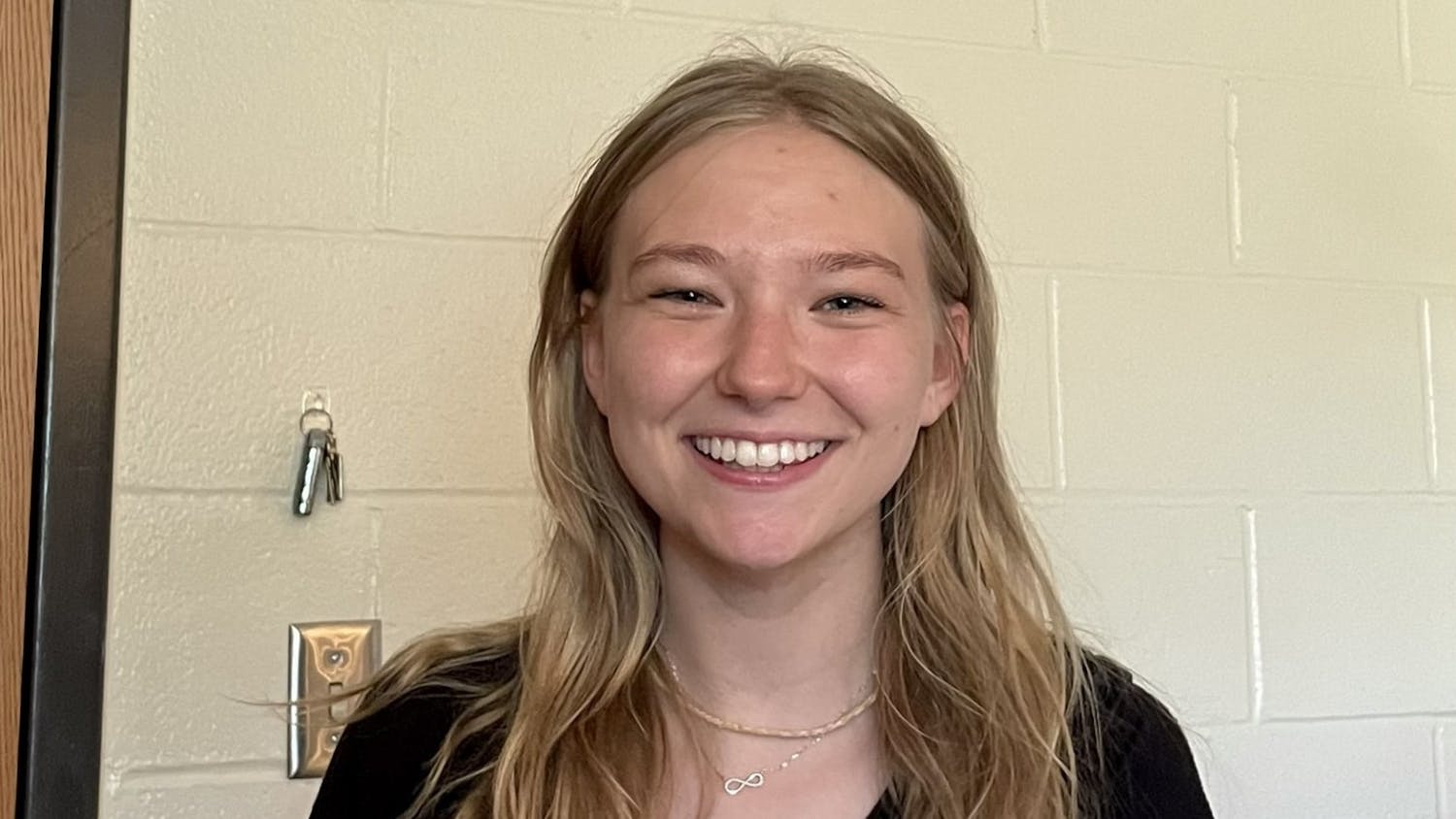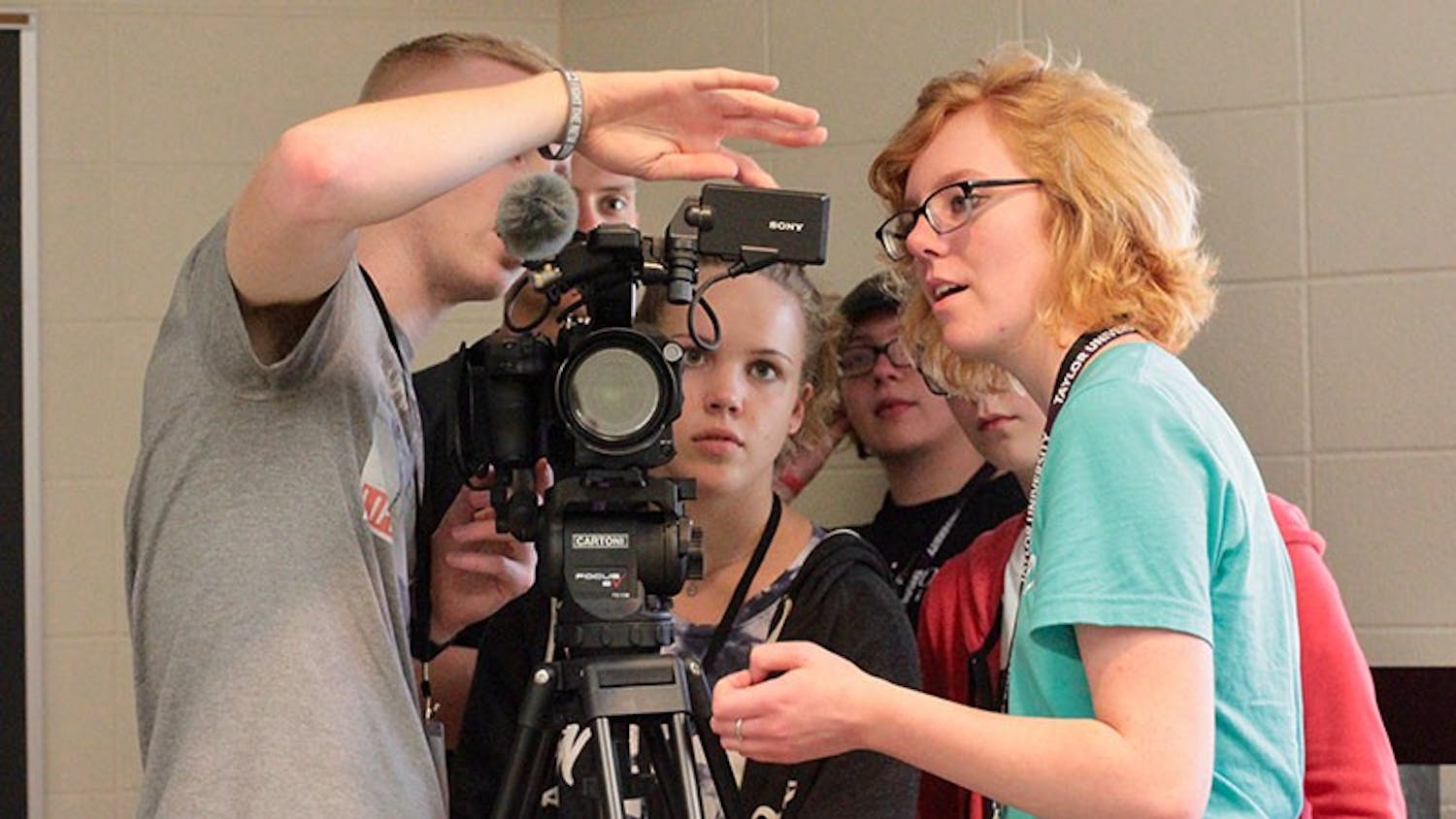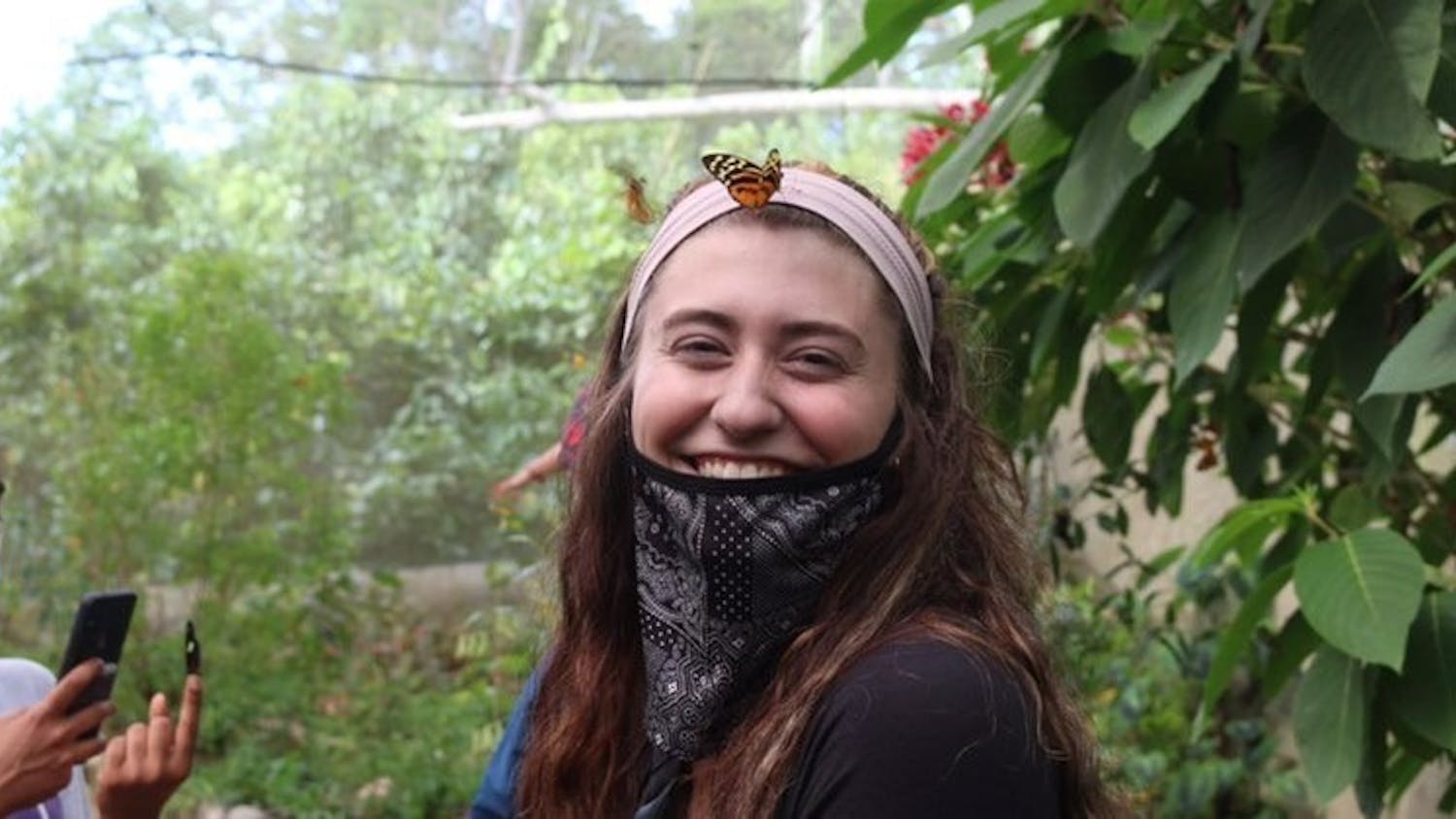Exploring the unknown, with caution.
This is the issue Taylor has faced going into the second full school year of the COVID-19 pandemic. Study abroad trips are starting to commence again, but they are commencing with safety.
“I think the approach that we're doing at Taylor is similar to a lot of approaches around the country now,” Charlie Brainer, dean of international programs, said. “Saying ‘Okay, now the pandemic's been here for a year, and we're seeing it's not just going away. So, now what do you do? Because we still need some opportunities for students.’”
Currently, there are 14 students in Spain and Ecuador. Additionally, some domestic trips are taking place. So far, things have run smoothly with those programs, and Brainer’s biggest focus is J-Term trips.
At the beginning of the summer, 11 international trips were being considered for J-term. Now with the Delta variant and other changes, the number has already decreased.
Prior to the pandemic, Taylor would not send students to countries who had a level three or a four advisory. Now, almost every country in the world is at that level.
“The easiest thing would be to categorically say, ‘Don't go, just wait till it's safer,’ but I don't think that's the best thing,” Brainer said. “The right thing is how do we carefully, with wisdom, learn how to go forward, because it's just reflective of the world in general and what's happening. We have a world with a lot of challenges and pitfalls. But if we're going to be true to our mission as believers … we have to learn how to deal with that. Instead, we look at each context, each situation and make an evaluation about that.”
Brainer notes that with COVID, things can change at a moment’s notice because of vaccines, risk level and variants. J-term trips have an additional logistical risk and price, due to the required two-week quarantine period that most countries require. Many trips have already been switched to taking place inside the U.S.
In the next few weeks, Brainer anticipates receiving information from the CDC, State Department and Taylor’s international partners in order to give informed recommendations to senior leadership at Taylor.
For now though, having the COVID-19 vaccine is required to go on any international trip affiliated with Taylor.
“The world is only heading in one direction with the vaccine … From my position, I want to increase the opportunity to access (study abroad),” Brainer said. “So, I understand I appreciate people's own personal things, but when I look at the world, I see it going in one direction. It's a hard one because I know people have strong feelings about it but this is the world, and (these countries) can decide borders and how they determine things, and they're going to be cautious for a while.”
This is not Taylor’s first semester sending students abroad, however. In Spring of 2021, a few students successfully spent a semester in the Ecuador program, while a few others traveled to Thailand.
“We talked to every partner down there,” Brainer said. “(Everyone) we are involved with, including host families, and said, ‘We would like to come. Are you comfortable with this?’ If we had been given any no’s or strong negatives, we wouldn't have done the program.”
Fortunately, Brainer said everyone including the host families gave enthusiastic approval. With that in mind, Taylor prepared their students for a successful semester.
In order to enter the country, the students needed a negative test to leave the U.S. When they got to Ecuador, they quarantined for two weeks in a bed and breakfast and started their Spanish classes online. At the end of the two weeks, they received another negative PCR test for themselves and their host families.
Josiah Gritter, former student and a participant at the time, recognized that while freedoms may have been limited, his group became very close due to the quarantine period.
“It was a very unique experience that not many people will be able to relate to,” Gritter said. “The restrictions limited what we could do unlike a normal semester would have done, which was a bummer, but the leaders of our trip worked hard to make it as normal as possible and we were still able to explore the area and learn a lot which I am thankful for.”
Gritter still feels that despite the regulations, the experiences they were able to have were still life changing and encouraged everyone to take the chance to study abroad, COVID or not.
Unlike previous students, there was no public transportation allowed, and some of their opportunities were limited on the ground.
“We told the students before they went that traveling during the pandemic is a special opportunity and privilege,” said Brainer. “Part of what we do is we try to protect the communities we're going to, we want to respect that we want to be good guests.”
Brainer said that the students went above and beyond with these expectations, and he was proud of them for their dedication to safety.
Brainer also said he sees some of the trip as the Lord’s provisions, and encourages students to consider how restrictions they may have faced in the last year actually led to positives.
He observed that the students seemed to bond even closer with each other and their host families than usual at the end of the semester. This was the case for Gritter, who has remained close with his host brother.
“I feel like I got pretty close with him and we still talk on a regular basis which is nice,” Gritter said.”In fact, I’ve already talked to him a little bit today.”
The success of last year’s Ecuador trip was encouraging to Brainer, and he and Taylor have worked to make provisions for students. Each semester, students who look to study abroad are able to register for an additional set of classes at Taylor in the event something falls through at the last minute, which is always a risk despite the success so far. Brainer encouraged students to go on a semester trip as opposed to a J-term trip if they can, due to the built-in buffer of time, but warns them of the risks.
“We're just happy and delighted that we could start again,” said Brainer. “I have the safety and security on my mind of the students, but I also realized that students have a limited Global Engagement lifecycle. And we've lost one, if not two of those cycles.”





